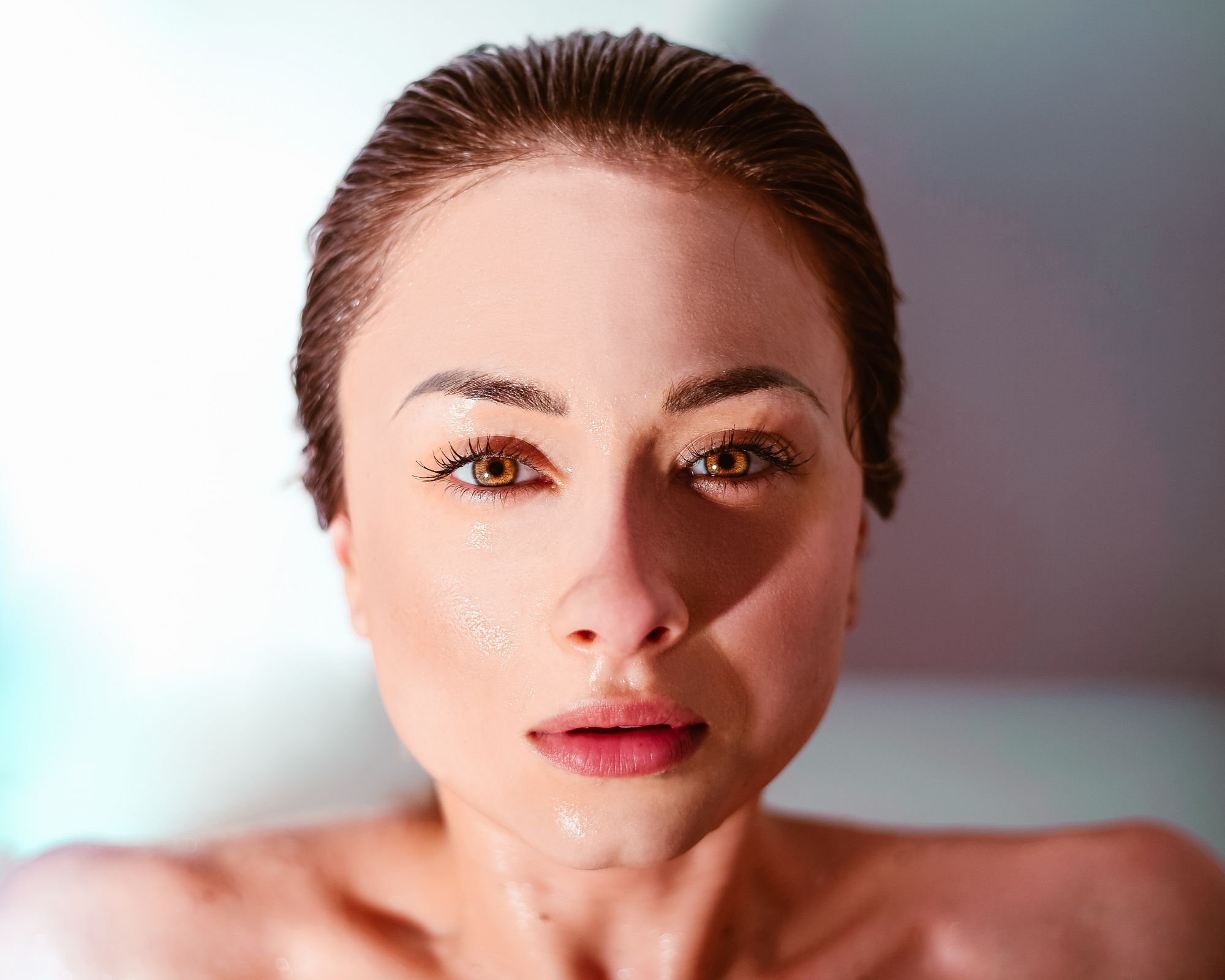This is the first of a seven-part series, where we invite skin and beauty experts to explain the intricacies of the vitamins found in our skincare products
Vitamin A, retinoids, retinoic acid and retinol—what's the difference among all of them? While we often see these words listed in our beauty treatments and products, how exactly do they work and what are the risks of using them? We ask Dr Lam Bee Lan of Ageless Medical and Dr Toby Hui of Freia Medical to break down the jargon for us.

What is Vitamin A?
Vitamin A is a group of fat-soluble compounds that includes retinol, retinal, retinoic acid, and several provitamin A carotenoids. Best known for maintaining eye health and vision, the vitamin is also essential for growth and development, to support healthy skin cells, and to build a strong immune system.
Sources of vitamin A found in food include cod liver oil, eggs and beta-carotene-rich vegetables like carrots, broccoli and spinach.
Read also: The ABCs Of Beauty: Skincare Experts Explain Vitamin D





